AI Agent (Artificial Intelligence Agent) is an intelligent entity capable of perceiving the environment, making decisions, and executing actions. Unlike traditional artificial intelligence, AI Agents have the ability to achieve specified goals through independent thinking and tool invocation. The distinction between AI Agents and large models lies in the fact that interactions between large models and humans are based on prompts, where the clarity and specificity of the user prompt affect the response quality of the large model. In contrast, an AI Agent only needs a defined goal to independently think and take action towards that goal. Compared to traditional RPA, which can only operate under predetermined conditions with preset processes, AI Agents can interact with their environment, perceive information, and respond with corresponding thoughts and actions.
The wave of large language models has accelerated research related to AI Agents significantly. AI Agents are currently a primary exploration route towards AGI (Artificial General Intelligence). The vast training datasets of large models contain a wealth of human behavior data, laying a solid foundation for simulating human-like interactions. On the other hand, as model scales continue to grow, large models have exhibited various abilities similar to human thinking, such as contextual learning, reasoning capabilities, and thinking chains. By utilizing large models as the core brain of AI Agents, it becomes possible to decompose complex problems into manageable subtasks and enable human-like natural language interactions, capabilities that were previously difficult to achieve. However, large models still face numerous challenges, such as hallucinations and contextual capacity limitations. Therefore, leveraging one or more agents’ capabilities to construct intelligent entities with autonomous thinking, decision-making, and execution abilities has become a major research direction towards AGI.
An AI Agent system based on large models can be divided into four components: the large model, planning, memory, and tool usage. AI Agents may herald a new era, with their basic architecture simply categorized as Agent = LLM + Planning Skills + Memory + Tool Usage, where LLM serves as the “brain” of the agent, providing reasoning, planning, and other capabilities within this system.
AI Agents are developing rapidly, with several significant research outcomes emerging. Since March 2023, the field of AI Agents has experienced its first “breakout”, with major projects such as Westworld Town, BabyAGI, and AutoGPT launching in quick succession, drawing attention to the AI Agent domain. Notable agents have emerged, such as NVIDIA’s Voyager, which excels in gaming, HyperWrite, an assistant that helps individuals complete simple tasks, and Pi, an AI assistant focused on personal emotional companionship, showcasing rapid advancements in AI Agent research.
“Agent+” is expected to become the mainstream of future products, with potential applications across various fields. We believe that research on AI Agents is a continuous exploration by humanity towards AGI. As agents become increasingly “usable” and “effective”, the number of “Agent+” products will rise, and they are likely to become the foundational architecture for AI applications, including both to C (consumer) and to B (business) products.
2B and vertical fields are still directions where AI Agents can easily land first. Users’ awareness of agents is forming, and startups are positioning themselves strategically. Due to the strong dependency of agents on environmental feedback, enterprise environments with distinct characteristics are more suitable for agents to establish understanding in specific vertical scenarios. Currently, research on AI Agents is primarily driven by academia and developers, with very few commercial products available. However, user interest in agents is rising, and a plethora of products centered around agents may emerge across various industries in the coming years. Some startups are already focusing on developing enterprise-level agent platforms, such as Lanma Technology, which is building an LLM-based enterprise agent platform.
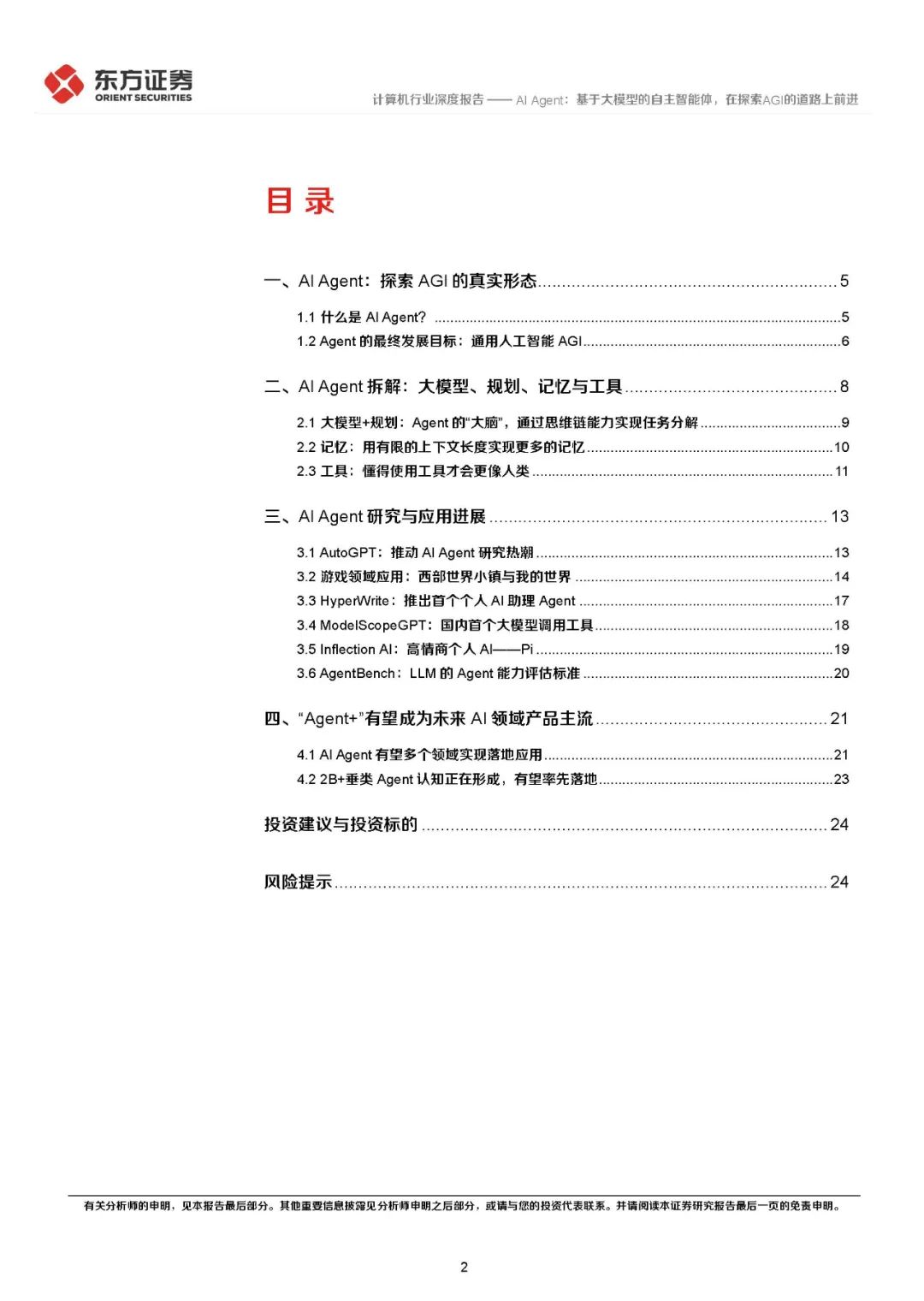
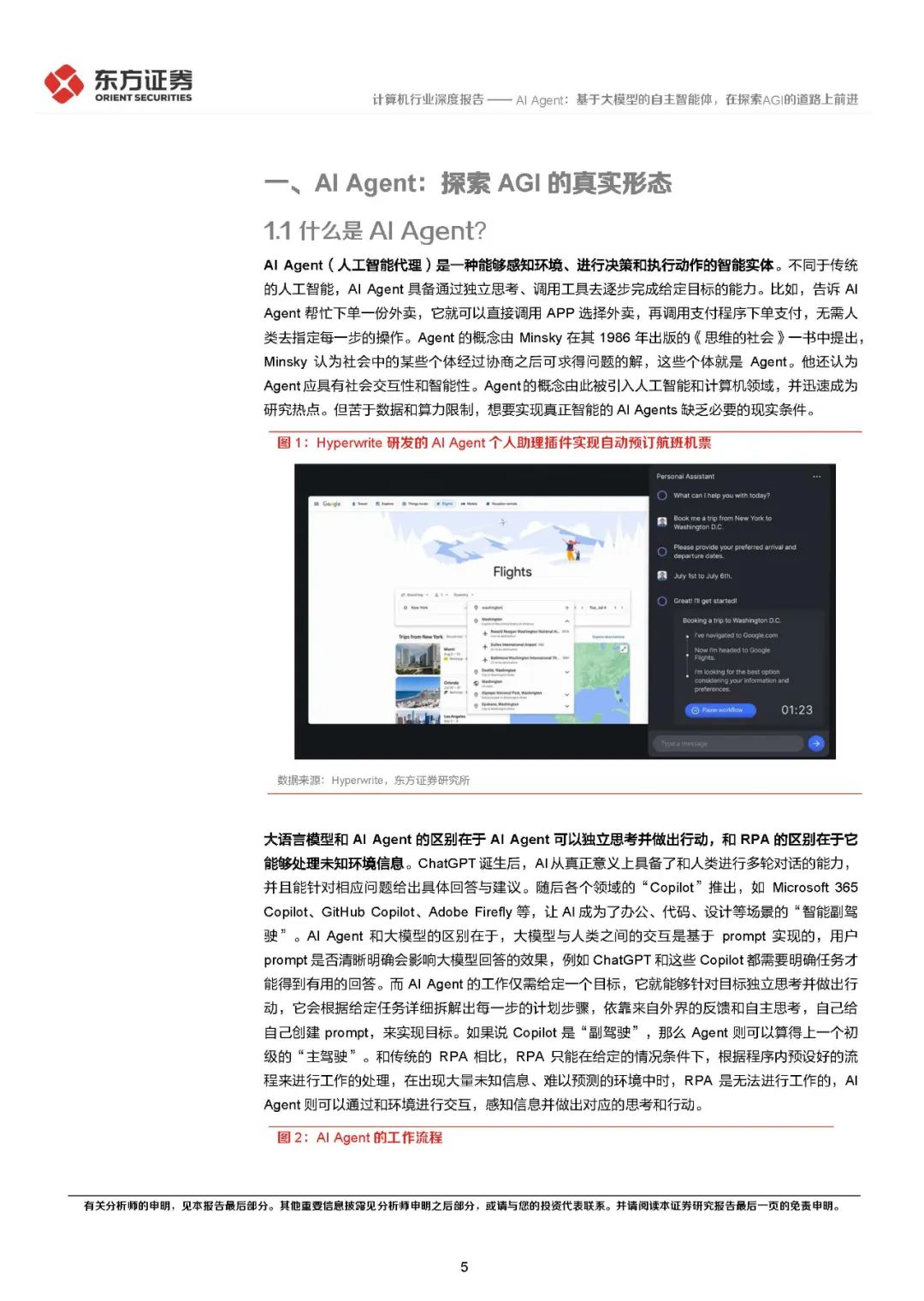
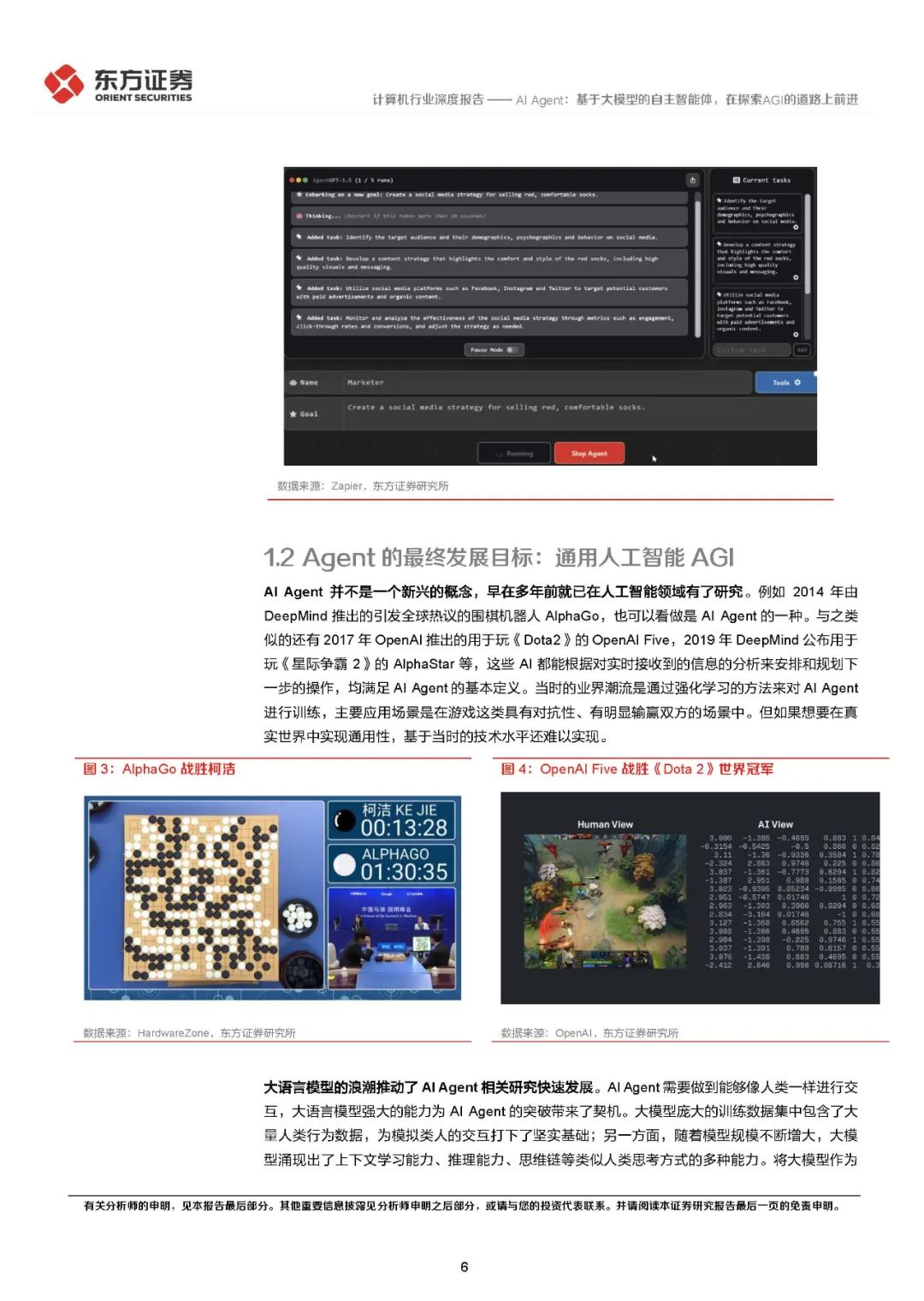
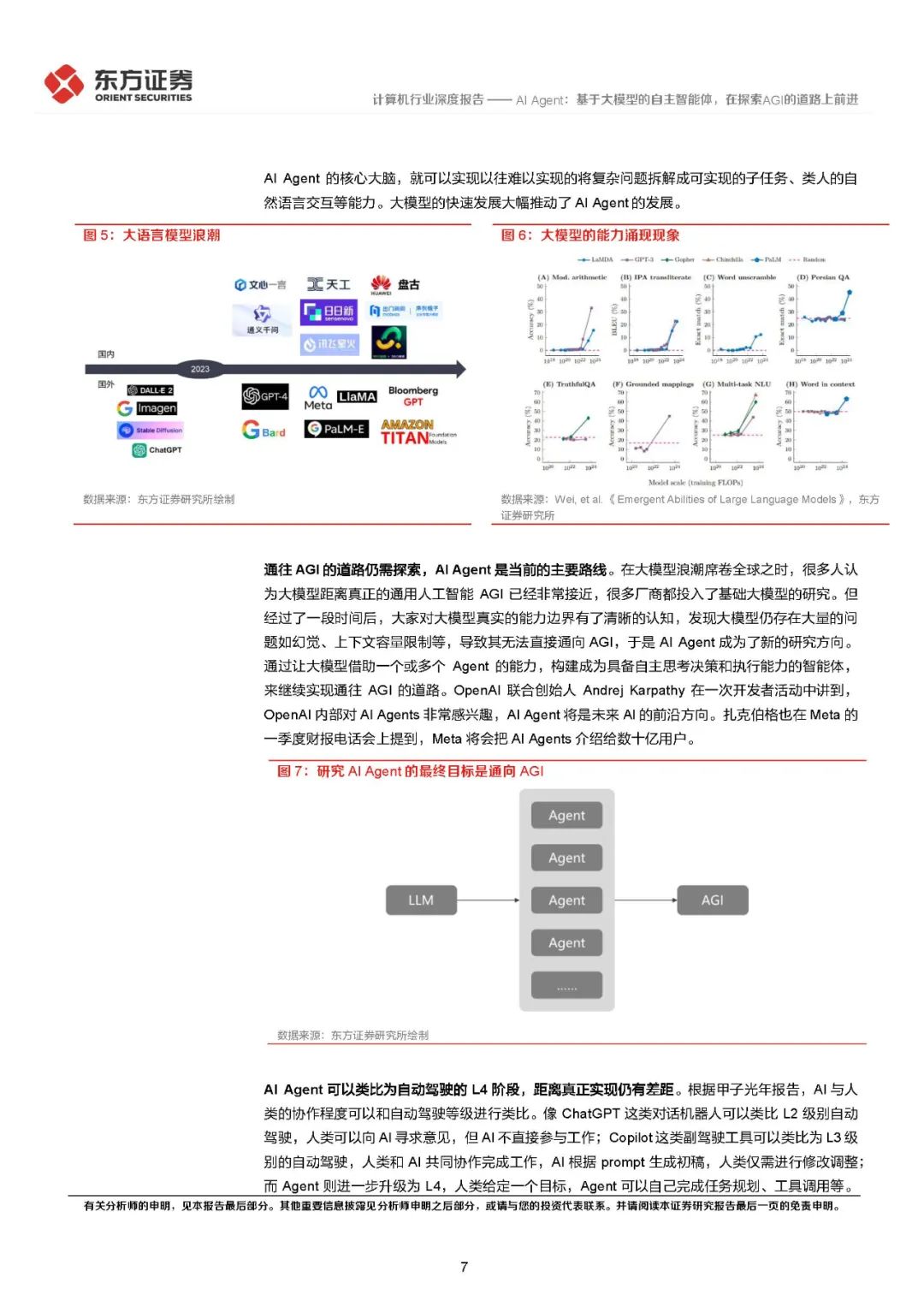
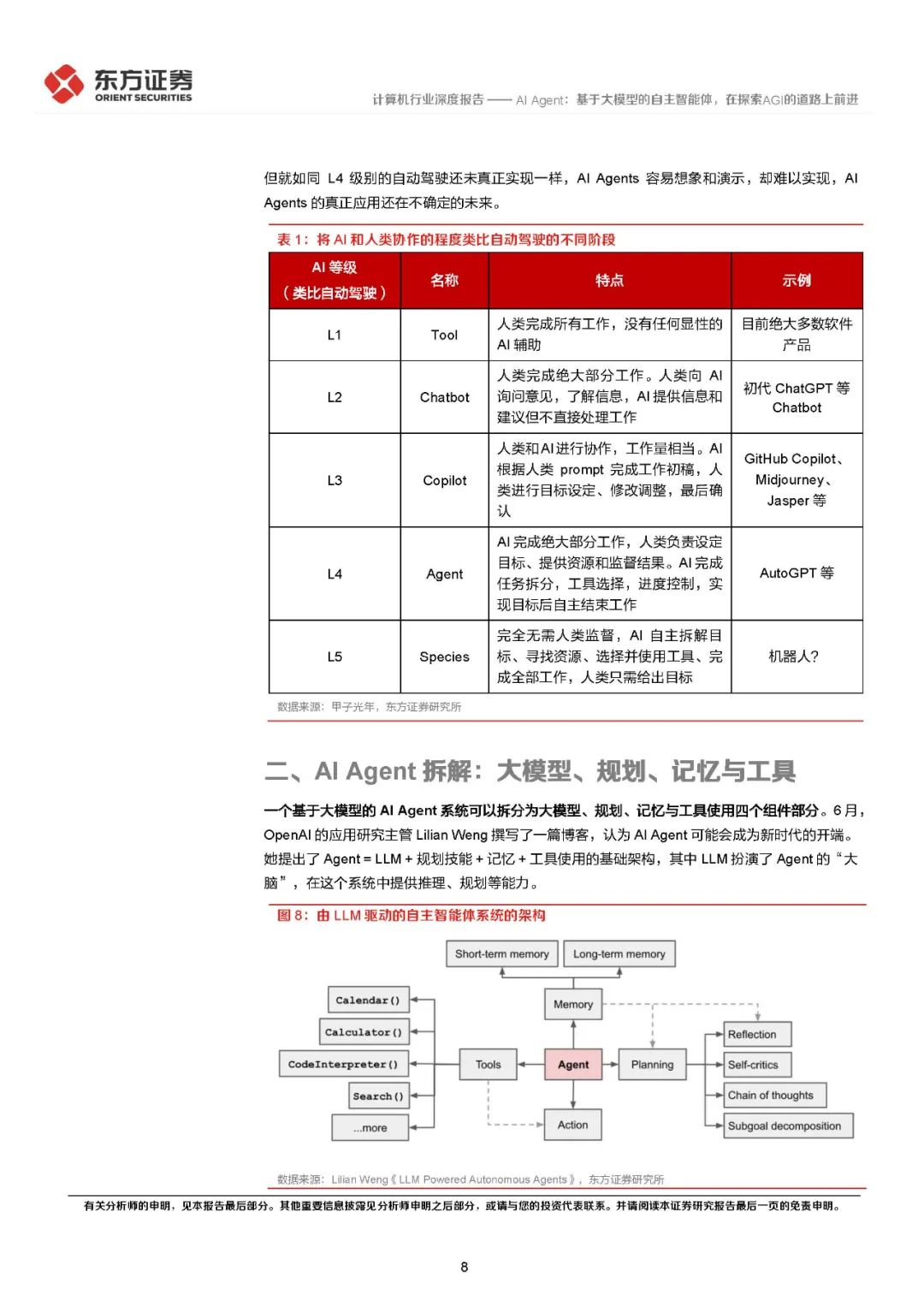
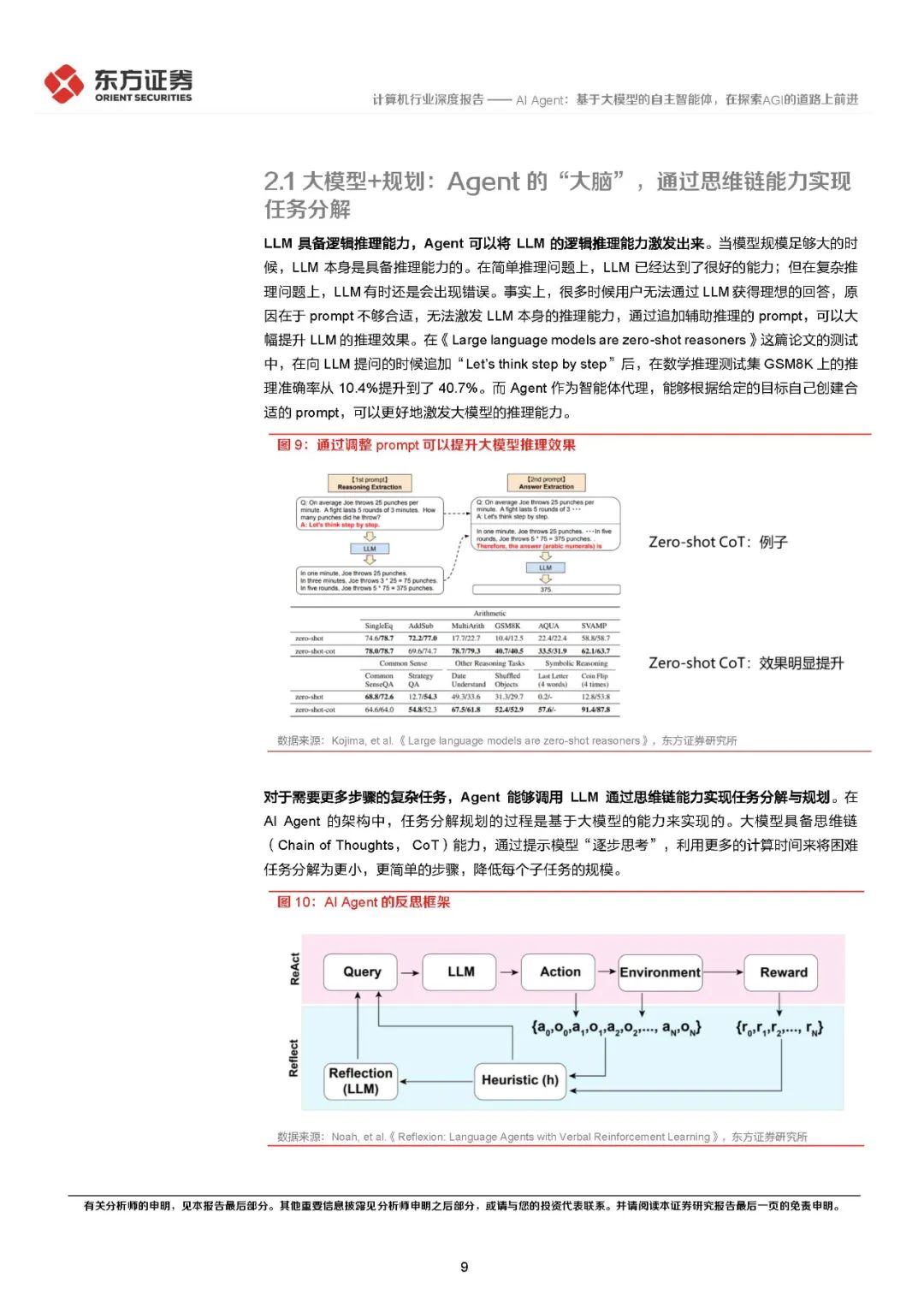
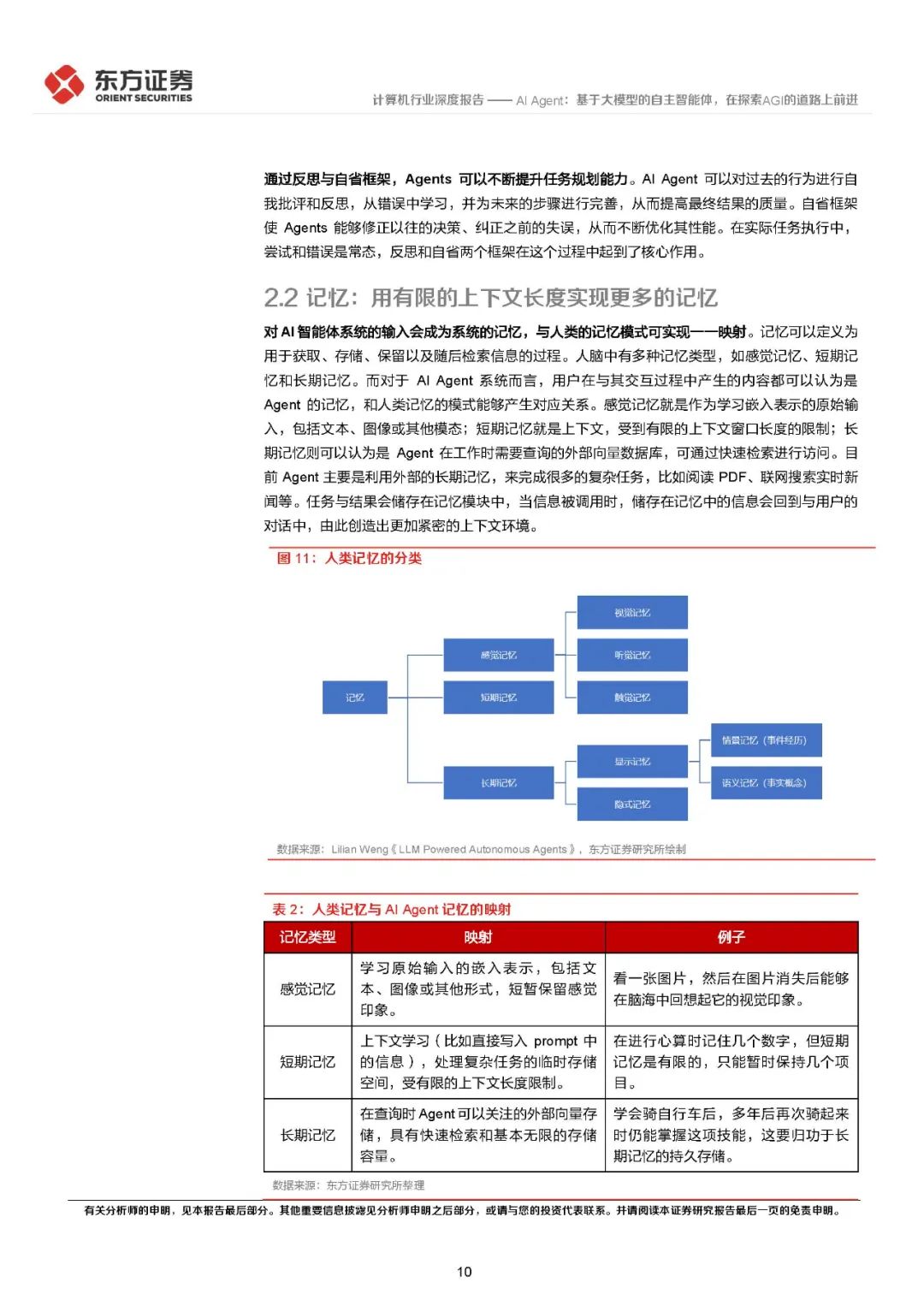
Convenient Access via Zhuanzhi
Convenient Download, please followZhuanzhi WeChat account (click the blue button above to follow)
Reply or send a message “A26” in the backend to obtain the download link for “AI Agent: Autonomous Intelligent Agents Based on Large Models“


